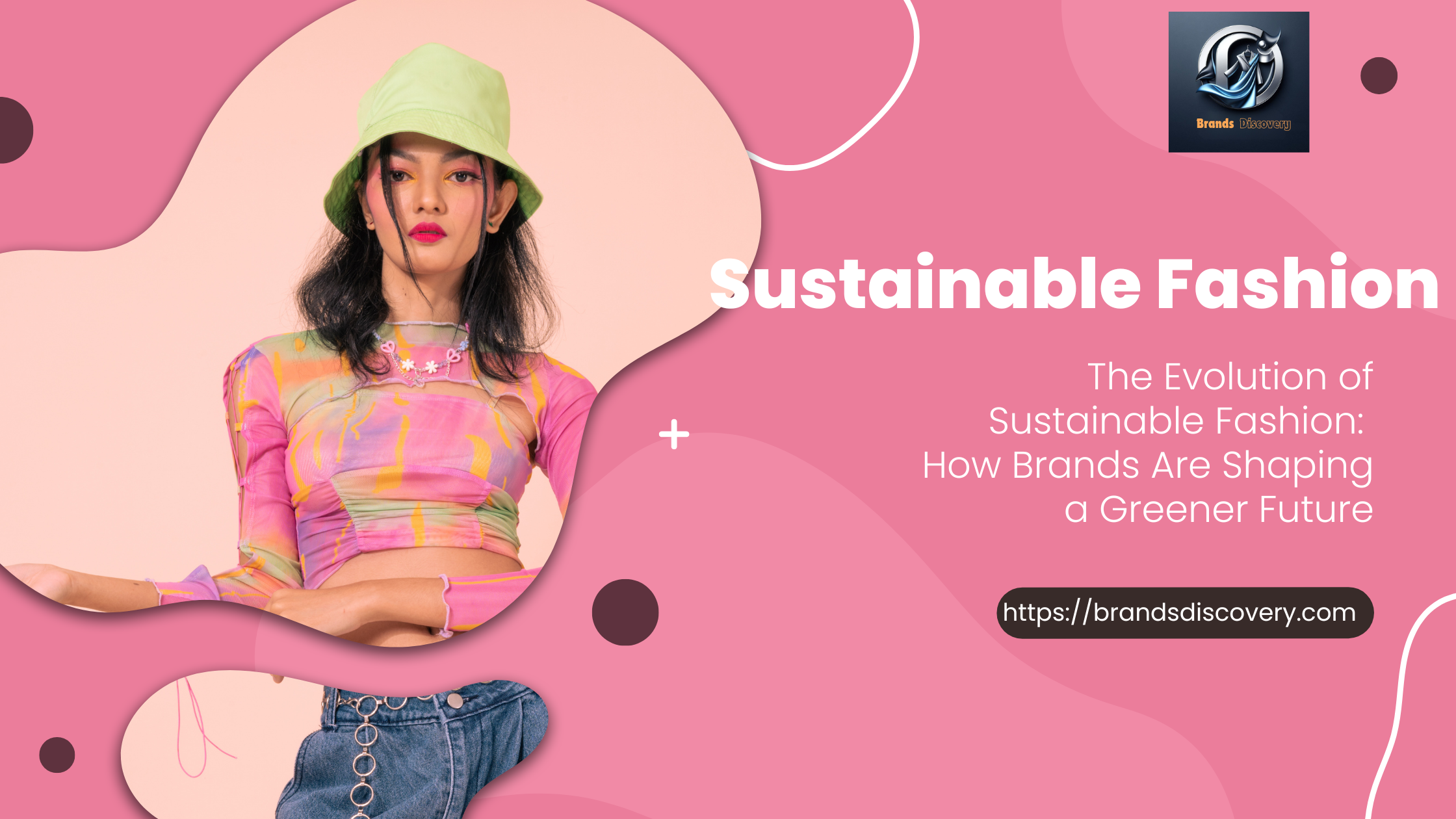- Your cart is empty
- Continue Shopping
The Evolution of Sustainable Fashion: How Brands Are Shaping a Greener Future

Introduction
Sustainable fashion is no longer just a buzzword; it’s a movement reshaping the global fashion industry. As consumers become more eco-conscious, brands are stepping up to create clothing that’s not only stylish but also kind to the planet.
Let’s dive in and explore the evolution of sustainable fashion, its impact on the environment, and how brands are driving this change towards a greener future.
1. The Rise of Sustainable Fashion
In recent years, the demand for sustainable fashion has skyrocketed. What started as a niche market has now grown into a mainstream trend. Consumers are increasingly aware of the environmental impact of fast fashion and are seeking alternatives that align with their values. Brands, in response, are focusing on transparency, ethical sourcing, and the use of sustainable materials.
2. Key Innovations in Sustainable Fashion
Brands are embracing innovative approaches to reduce their carbon footprint. From using organic cotton and recycled fabrics to implementing zero-waste production methods, the fashion industry is evolving. Some brands are even exploring circular fashion models, where clothes are designed to be reused, repurposed, or recycled, minimizing waste.
3. The Impact of Sustainable Materials
Shifting towards eco-friendly materials is one of the key factors of sustainable fashion. Natural fibers like organic cotton, hemp, and bamboo are gaining popularity, while innovative materials like Tencel and Piñatex (made from pineapple leaves) are making waves. These materials offer comfort and durability and help reduce environmental impact.
4. Brands Leading the Way in Sustainable Fashion
Several fashion brands are at the forefront of the sustainable fashion movement. Companies like Patagonia, Stella McCartney, and Everlane have set high standards by prioritizing sustainability in every aspect of their operations. They focus on ethical labor practices, reducing waste, and using sustainable materials, setting an example for others in the industry.
5. Why Sustainable Fashion Matters
Sustainable fashion is more a necessity rather than a trend. The fashion industry is one of the largest polluters in the world, and the shift towards sustainability is crucial for reducing its environmental impact. By choosing sustainable fashion, consumers can contribute to a more ethical and eco-friendly industry, supporting brands that are committed to making a difference.
Conclusion
The evolution of sustainable fashion marks a significant shift in the industry, driven by consumer demand and innovative brand practices. As more brands adopt sustainable practices, the future of fashion looks greener and more responsible. By supporting sustainable brands, we can all play a part in shaping a better future for the planet.


